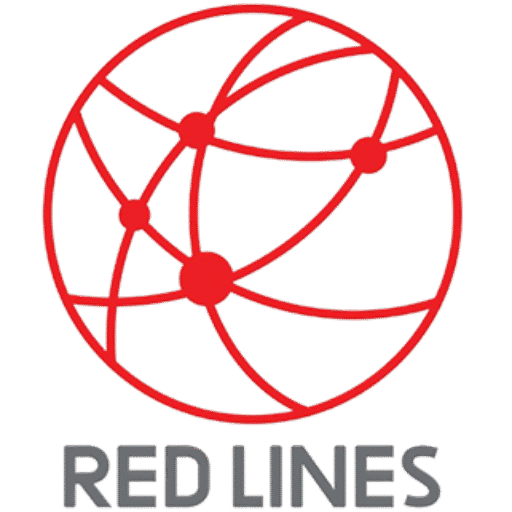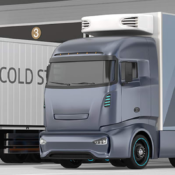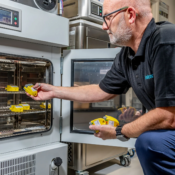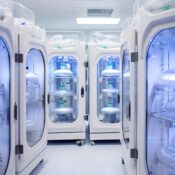In the healthcare and pharmaceutical industries, maintaining the right storage conditions is not just a best practice—it is a regulatory necessity. Among the most critical processes ensuring product integrity in these sectors is the Temperature Mapping Study. Especially for medical warehouses, where vaccines, medicines, and temperature-sensitive devices are stored, temperature mapping ensures safety, compliance, and quality assurance.
A Temperature Mapping Study involves systematically recording and analyzing temperature variations across different zones within a storage facility. Its goal is to identify hot and cold spots and validate that temperature remains within the acceptable limits across the entire warehouse—even during peak load conditions or external weather fluctuations.
At Redlines, we specialize in conducting Temperature Mapping Studies across Saudi Arabia, including Jeddah, Dammam, Riyadh, and other regions. With years of experience and a deep understanding of compliance standards like WHO, GSDP, GMP, and local SFDA regulations, we help businesses ensure that their medical warehouses meet all essential environmental control requirements.
Why Temperature Mapping is Critical for Medical Warehouses
Medical products are highly sensitive to temperature changes. Even a slight deviation outside the recommended range can lead to reduced efficacy or total spoilage. In the case of vaccines, improper temperature storage may compromise an entire batch, risking public health and resulting in massive financial losses. That’s why a Temperature Mapping Study is not just a regulatory requirement—it’s an investment in patient safety and brand reputation.
Warehouses are large spaces with varying airflow patterns and insulation inconsistencies. These variations can cause temperature differences in different areas of the warehouse, especially near doors, vents, or ceilings. A Temperature Mapping Study reveals these variations, allowing facility managers to make informed decisions—whether it’s adjusting HVAC systems, improving insulation, or re-zoning storage layouts.
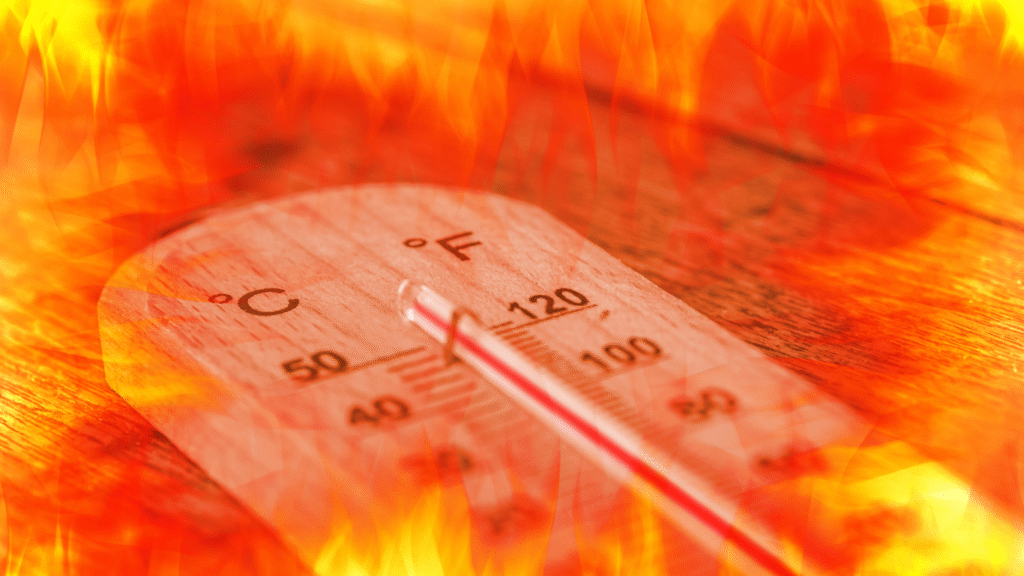
The Process of Temperature Mapping Study at Redlines
At Redlines, our Temperature Mapping Study begins with a comprehensive site assessment of your medical warehouse. We then strategically place calibrated data loggers across all critical areas to record temperature and humidity over a set period—usually 7 to 15 days. This includes monitoring during normal operations and during stress conditions such as power outages or peak summer temperatures in places like Jeddah or Riyadh.
After data collection, our team analyzes the recorded readings using advanced software tools. We identify patterns, temperature excursions, and areas needing corrective actions. Finally, we deliver a detailed report with recommendations for optimizing warehouse temperature control systems. All our studies are compliant with SFDA and international standards, giving you peace of mind during inspections and audits.
Why Choose Redlines?
- Local Expertise: With operations in Saudi Arabia, particularly in Riyadh, Dammam, and Jeddah, we understand the unique climatic and regulatory challenges of the region.
- Qualified Professionals: Our engineers and technicians are trained in global GxP standards and best practices for cold chain and ambient storage.
- Reliable Reporting: Our detailed reports not only document your Temperature Mapping Study but also offer actionable insights for long-term improvements.
- End-to-End Service: From planning and sensor placement to reporting and consultation, Redlines provides full-cycle support.
Serving Saudi Arabia with Trust
Whether you’re setting up a new medical warehouse or revalidating an existing one, conducting a Temperature Mapping Study is non-negotiable. With soaring temperatures in cities like Dammam or Riyadh, ensuring climate control systems are effective is crucial for preserving the efficacy of temperature-sensitive products.
Redlines is proud to support pharmaceutical companies, hospitals, and healthcare logistics providers in complying with temperature control regulations. We bring technical expertise, commitment to quality, and a deep understanding of the region’s environmental dynamics.
For more information on our Temperature Mapping Study services, visit www.redlines.sa or contact our expert team for a consultation.
